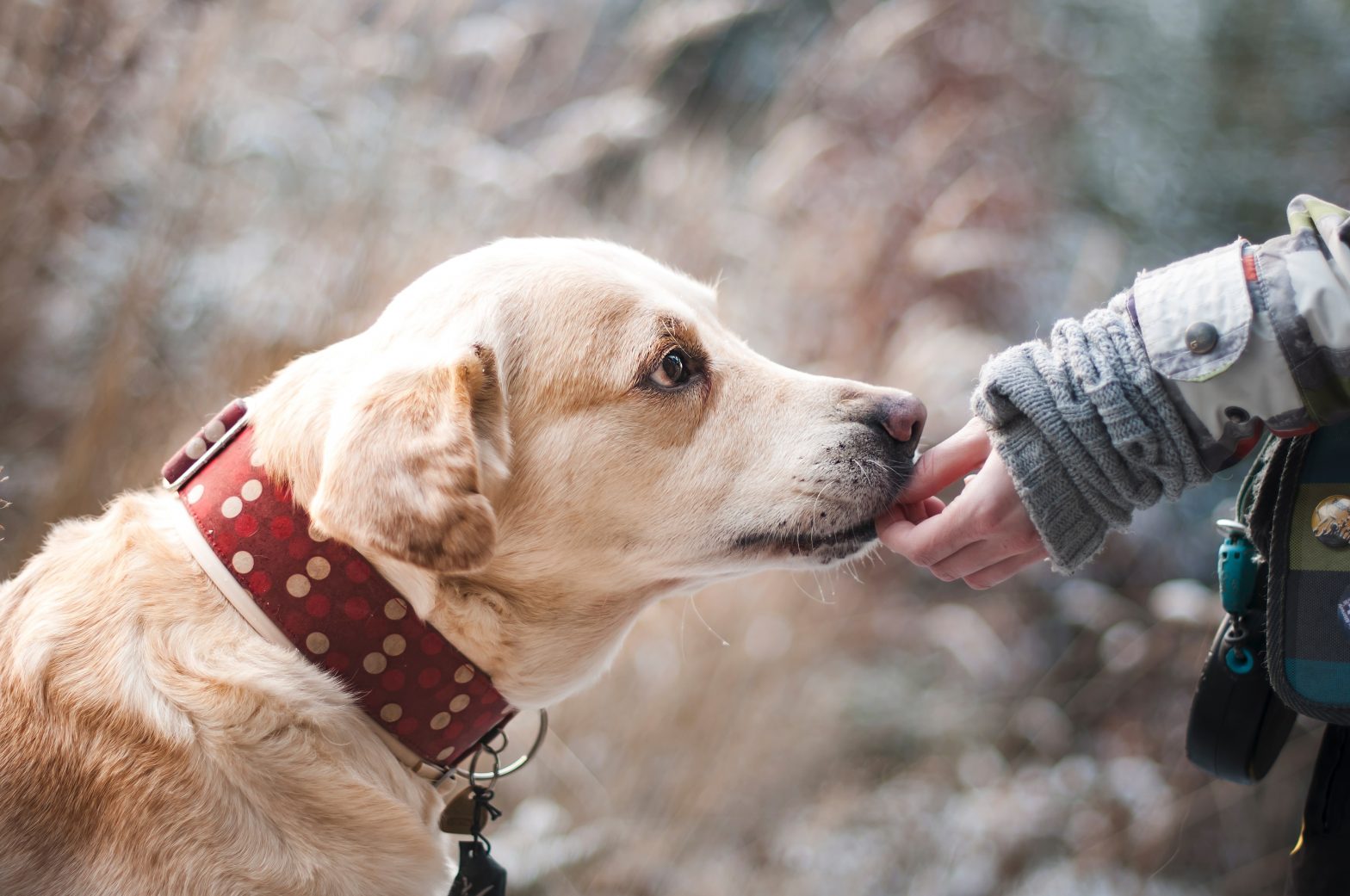The platform will allow understanding the frequency and distribution of these tumors across the country.
Com a plataforma ‘Vet-OncoNet‘ nasce o registo nacional para animais com cancro. Dois institutos da Universidade do Porto lançam esta plataforma que, ao “compilar informação sobre o registo oncológico” de animais de estimação, vai permitir estudar frequência, predominância e fatores de risco associados à doença em Portugal.
João Niza Ribeiro, coordinator of the platform, explained that it arose from the “need to have as systematic a record as possible of animal oncology”, namely, of pets.
“We want this structure to collect data produced in laboratories, clinics and veterinary hospitals so that they can be systematized”, he said.
Developed by the Instituto de Ciências Biomédicas Abel Salazar (ICBAS) and by the Public Health Institute of the University of Porto (ISPUP), the platform will thus allow an understanding of the frequency and distribution of these tumors across the country.
"This structure will make it possible to know the number of cancers in the national territory, in which species is more prevalent, if it is increasing and if it is more focused on urban or rural areas", exemplified João Niza Ribeiro, member of the board of ISPUP and professor at ICBAS.
In addition to helping to understand the predominance, the platform, which was developed under the 'One Health' concept, will also make it possible to "study risk factors associated" with the disease, but also with human and environmental health.
“We think that part of the factors that lead to the appearance of cancer are environmental, and these environmental factors have an influence on both animals and humans. There is always interest, when studying the overlapping of areas, to realize that there may be common factors there and that, in the end, animals can serve as sentinels”, said the researcher.
This platform will be able to access veterinarians, animal owners and veterinary diagnostic laboratories, each of which will have its own space on the website to submit the information collected.
To Lusa, João Niza Ribeiro added that, later, the platform could also, “with another purpose”, try to compile data on farm animals
“Nós temos um serviço de inspeção sanitária das carnes, que identifica e retira do consumo numa fase muito precoce todos os animais que não estejam saudáveis. Mas, o que não há, é uma sistematização desse registo, ou melhor, está sistematizado, mas não é tratado. Essa é uma das linhas potenciais que nós temos, isto é, podermos vir a estabelecer algum acordo com a Direção-Geral de Veterinária, no sentido de podermos aceder a essa informação”, concluiu.
Source: Rádio Renascença
Text: Lusa
Photography: Alexis Chloe/Unsplash


